I really am going to watch this. I love Sci-Fi and AI.
Prepare to meet… The Creator.
Watch the brand-new trailer for #TheCreator and experience the motion picture event only in theaters September 29.
I really am going to watch this. I love Sci-Fi and AI.
Prepare to meet… The Creator.
Watch the brand-new trailer for #TheCreator and experience the motion picture event only in theaters September 29.
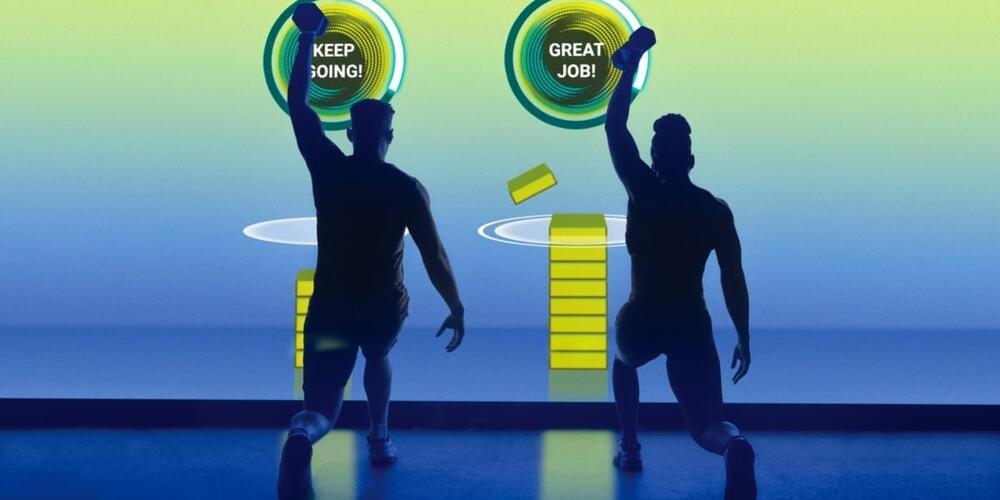
Each member works out within a designated station facing wall-to-wall LED screens. These tall screens mask sensors that track both the motions of the exerciser and the gym’s specially built equipment, including dumbbells, medicine balls, and skipping ropes, using a combination of algorithms and machine-learning models.
Once members arrive for a workout, they’re given the opportunity to pick their AI coach through the gym’s smartphone app. The choice depends on whether they feel more motivated by a male or female voice and a stricter, more cheerful, or laid-back demeanor, although they can switch their coach at any point. The trainers’ audio advice is delivered over headphones and accompanied by the member’s choice of music, such as rock or country.
Although each class at the Las Colinas studio is currently observed by a fitness professional, that supervisor doesn’t need to be a trainer, says Brandon Bean, cofounder of Lumin Fitness. “We liken it to being more like an airline attendant than an actual coach,” he says. “You want someone there if something goes wrong, but the AI trainer is the one giving form feedback, doing the motivation, and explaining how to do the movements.”
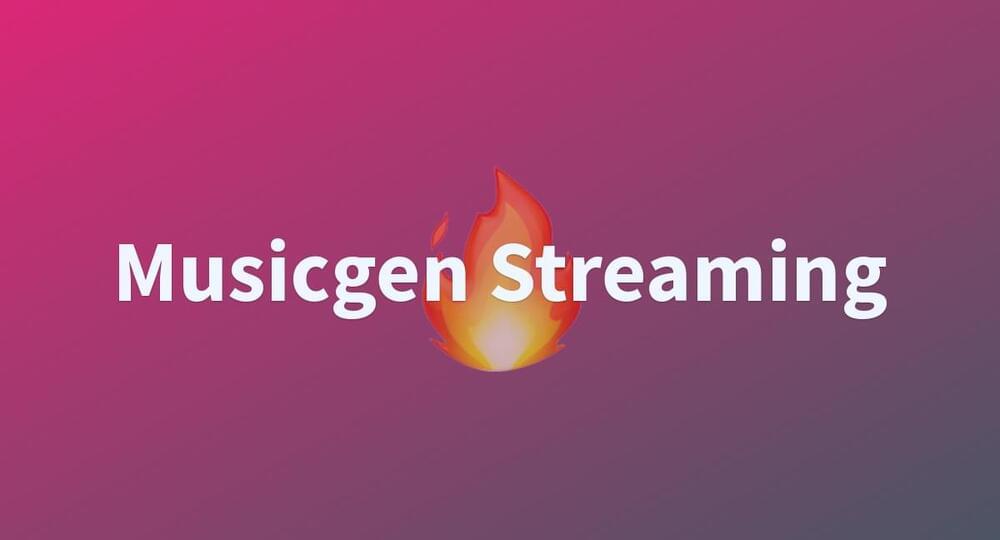
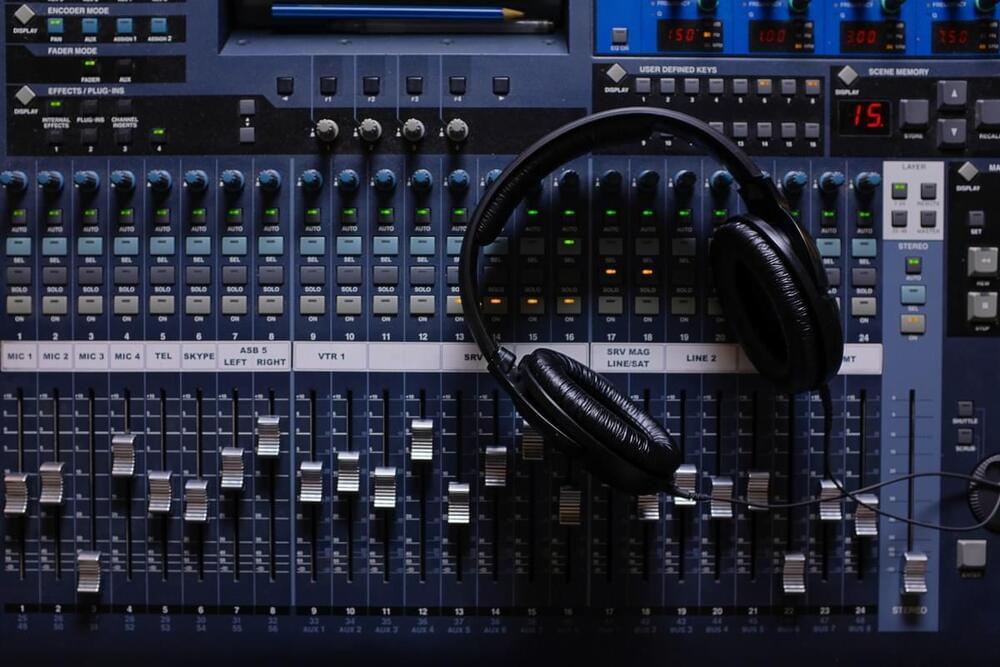
As creative industries grapple with AI’s explosion into every artistic medium at once, separate calls from artists warning the world to take action before it’s too late are starting to converge. From fake Drake songs to stylized Instagram profile pictures, art conjured with newly sophisticated AI tools is suddenly ubiquitous — and so are conversations about how to rein in the technology before it does irrevocable harm to creative communities.
This week, digital rights organization Fight for the Future partnered with music industry labor group United Musicians and Allied Workers to launch #AIdayofaction, a campaign that calls on Congress to block corporations from obtaining copyrights on music and other art made with AI.
The idea is that by preventing industry behemoths like major record labels, for example, from copyrighting music made with the assistance of AI, those companies will be forced to keep looping humans into the creative process. But those same concerns — and the same potential strategies for pushing back against the onslaught of AI — exist across creative industries.

During the surprise assault on Israel by Palestinian militant group Hamas Saturday, gunmen opened fire on hundreds of young people during a dance music festival in the southern Israeli kibbutz of Re’im near the Gaza Strip, according to the Associated Press and multiple Israeli media outlets.
Witnesses told the Times of Israel that rocket fire was followed by gunshots fired into the crowd, as hundreds tried to flee.
“The music stopped and there was a rocket siren,” a young woman called Ortal told Israel’s Channel 12, according to Reuters. “Suddenly out of nowhere, they started shooting.”
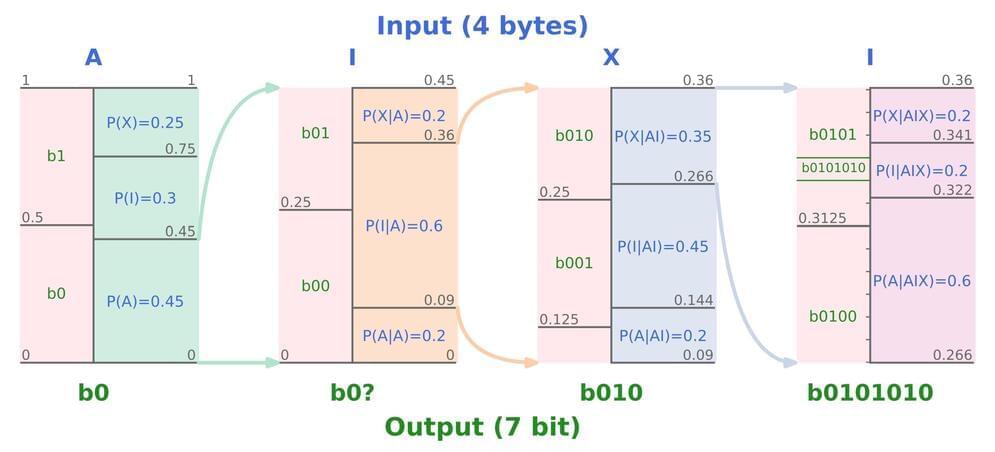
What would we do without compression?
Those music libraries and personal photo and video collections that would force us to purchase one hard drive after another can instead be squeezed into portions of a single drive.
Compression allows us to pull up volumes of data from the Internet virtually instantaneously.
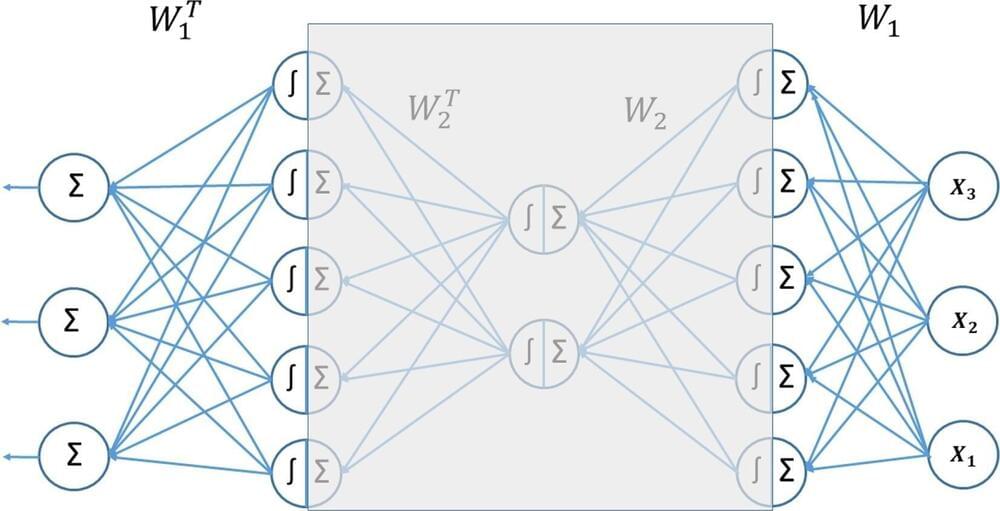
Researchers from the University of Jyväskylä were able to simplify the most popular technique of artificial intelligence, deep learning, using 18th-century mathematics. They also found that classical training algorithms that date back 50 years work better than the more recently popular techniques. Their simpler approach advances green IT and is easier to use and understand.
The recent success of artificial intelligence is significantly based on the use of one core technique: deep learning. Deep learning refers to artificial intelligence techniques where networks with a large number of data processing layers are trained using massive datasets and a substantial amount of computational resources.
Deep learning enables computers to perform complex tasks such as analyzing and generating images and music, playing digitized games and, most recently in connection with ChatGPT and other generative AI techniques, acting as a natural language conversational agent that provides high-quality summaries of existing knowledge.

Summary: A recent study hints at a harmonious synchronization of movement, heart rate, and even the excitement level among audience members during classical concerts.
This in-depth exploration into the physical responses of 132 individuals during a live performance of classical pieces unveiled a fascinating cohesion in their bodily rhythms, notably in heart and breathing rates. Interestingly, personality traits, such as agreeableness and openness, appeared to elevate the propensity for such synchronization among listeners.
This novel insight opens up a captivating dialogue about the intertwining of music, communal experience, and individual physical responses.
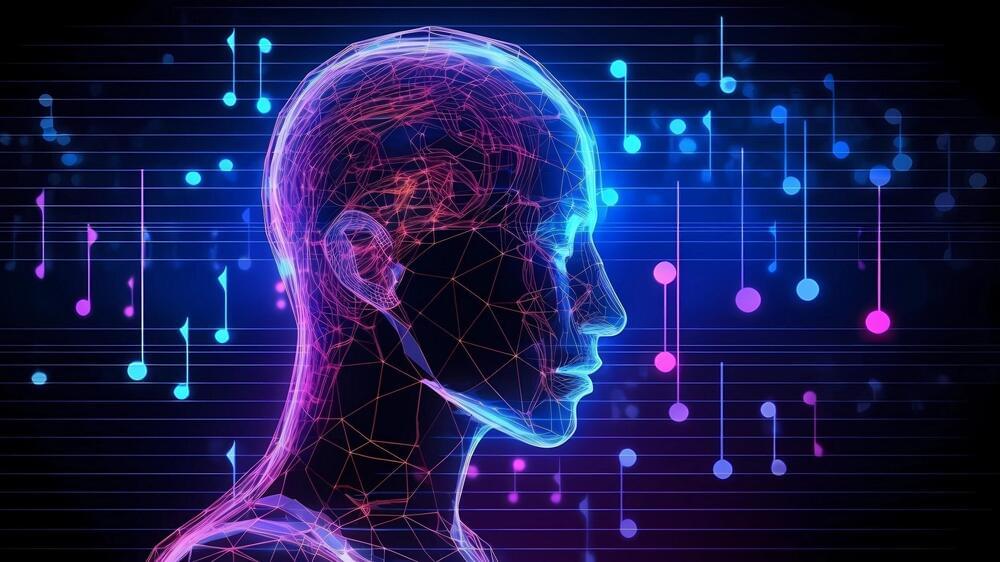
For me, one of the most exciting aspects of the recent wave of generative AI technology is the democratizing impact it has on creativity. We’ve seen how anyone can use tools like ChatGPT or Midjourney to express their ideas with words or pictures. And the way we create and listen to music is about to be turned on its head, too.
Loudly is a generative AI-driven music platform that aims to allow anybody to “create, customize and discover music.” Recently, I was joined by founder and CEO Rory Kenny for my podcast, covering a number of topics that I personally find fascinating.
Does AI threaten human creativity by ushering in a future where all of our art and entertainment is conjured up from… More.
Explore how Loudly, an innovative AI-driven music platform, is revolutionizing and democratizing music creation, enabling users to craft unique soundtracks.
A collection of the first 20 Shorts from SFIA, covering a wide range of topics in science & space.
Visit our Website: http://www.isaacarthur.net.
Join Nebula: https://go.nebula.tv/isaacarthur.
Support us on Patreon: https://www.patreon.com/IsaacArthur.
Support us on Subscribestar: https://www.subscribestar.com/isaac-a… Group: https://www.facebook.com/groups/15839… eddit: https://www.reddit.com/r/IsaacArthur/ Twitter: https://twitter.com/Isaac_A_Arthur on Twitter and RT our future content. SFIA Discord Server: https://discord.gg/53GAShE Credits: Science & Futurism Shorts Compilation #1: 1–20 Episode 414a, October 1, 2023 Written, Produced & Narrated by: Isaac Arthur Music Courtesy of: Epidemic Sound http://epidemicsound.com/creator 00:00 Intro 00:30 Quasar Cannon 1:30 Birch Planets: Galaxy-Sized Worlds 2:30 Aliens Beyond the Galactic Rim 3:30 BWC Megastructures & Artificial Planets 4:29 Hegemonizing Swarms 5:29 Solar Moths & Solar Sails 6:27 Fusion Candles 7:12 Non-Equatorial Space Elevators 8:10 Building Artificial Planets 9:10 Computronium 10:13 Deciphering Alien Codes 11:12 Astrochickens & Von Neumann Probes 12:12 Could Dinosaurs have Been killed by Aliens? 13:11 Will Humans In Space Be Taller? 14:02 The Stanford Torus 15:02 Could Technology Bring You Back to Life? 16:02 Is our galaxy going to Collide with Andromeda? 16:58 The Bernal Sphere 17:55 Nuclear Lightbulb Spaceship Drive 18:55 Von Braun Space Station 19:54 Close.
Facebook Group: https://www.facebook.com/groups/15839…
Reddit: https://www.reddit.com/r/IsaacArthur/
Twitter: https://twitter.com/Isaac_A_Arthur on Twitter and RT our future content.
SFIA Discord Server: https://discord.gg/53GAShE
Credits: Science & Futurism Shorts Compilation #1: 1–20
Episode 414a, October 1, 2023
Written, Produced & Narrated by: Isaac Arthur.
Music Courtesy of:
Epidemic Sound http://epidemicsound.com/creator.
00:00 Intro.
00:30 Quasar Cannon.
1:30 Birch Planets: Galaxy-Sized Worlds.
2:30 Aliens Beyond the Galactic Rim.
3:30 BWC Megastructures & Artificial Planets.
4:29 Hegemonizing Swarms.
5:29 Solar Moths & Solar Sails.
6:27 Fusion Candles.
7:12 Non-Equatorial Space Elevators.
8:10 Building Artificial Planets.
9:10 Computronium.
10:13 Deciphering Alien Codes.
11:12 Astrochickens & Von Neumann Probes.
12:12 Could Dinosaurs have Been killed by Aliens?
13:11 Will Humans In Space Be Taller?
14:02 The Stanford Torus.
15:02 Could Technology Bring You Back to Life?
16:02 Is our galaxy going to Collide with Andromeda?
16:58 The Bernal Sphere.
17:55 Nuclear Lightbulb Spaceship Drive.
18:55 Von Braun Space Station.
19:54 Close